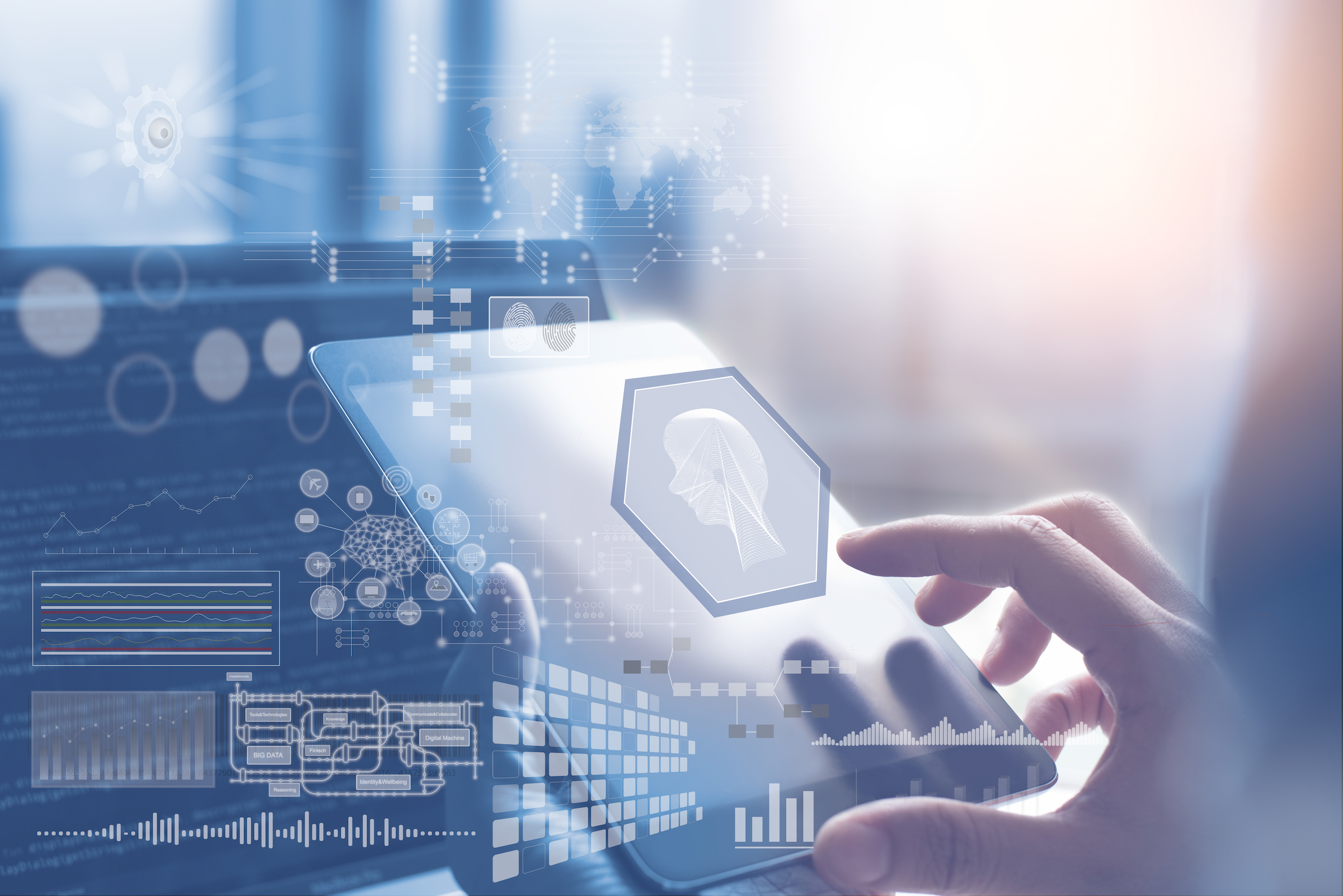As AI enters virtually every industry, the opportunities for change will increase even more, simply because we learn faster. The competition between competitors has become a battle to see who can learn the fastest.
Will the winners be those with the sharpest AI specialists? We believe that the difference between the best and the second best using AI in their services and products will not depend on the number of senior experts in AI. The difference and the winner will be the one who has access to data.
Today’s products are no longer static releases. Adding software that can be updated and upgraded online has not only affected the way we work, but also the management of the product portfolio. Suddenly it became so much easier to have variants of a launched product. It became possible to adapt to different markets and target audiences when new market segments were decided or lessons learned became known by using different versions and configurations of software or firmware. Another innovation was that it suddenly became possible to add features after a product had been released on the market. Not only do users help find bugs, but they also become the guinea pigs for finding out what works and what doesn’t, through A/B testing of functionality. Spotify is a great example of a software solution provider that uses this technology on a weekly basis, along with highly competent AI capabilities to recommend new music to subscribers. The number of variants of a product could increase during a product’s life cycle.
The AI race has so far been largely exploratory in nature, with a focus on getting started and picking the low-hanging fruit, i.e. to use existing and available data. We have met several customers who are interested in dipping their toes in the water, but who get a bit discouraged when they realize that there is a strong need to collect or own data in order to benefit from AI.
Taking advantage of AI requires drawing unique conclusions, which requires new data that is not already available, as it requires significant investments in both time and resources. So how do you get more data on the use and condition of your products, and more information on user behavior? We believe that this will require new versions of your products that include an agent that searches for data from the use of or the environment surrounding the product. The user must of course be informed of this, due to the GDPR, but should not experience any differences compared to the previous version.
The objection from industry traditionalists will be that this will lead to a more expensive product. True, but the resulting value of the efforts will be worth it. Considering that the information and value can be obtained by other methods, e.g. expensive market research, this is likely to be the cheapest way to do it. It is important to build a business case on facts along with expected profits, unknowns due to AI capabilities are difficult to fully predict.
A traditionalist might argue that the drive towards fewer variants will be lost. In some ways yes, in others no. The electronic hardware related to a product or service will become, and already is today, more generic due to more software and updates being introduced over the air than before. By introducing agents, you can get it right faster because there are fewer product iterations required, as you simply know more about the user and how they use the product. As a result, your business will be more successful in many ways.
New knowledge from the use of FOTA (firmware update over the air), agents and AI/ML will give you a better understanding of what you need to change in your existing product to make it even more useful to the user and thus more successful and profitable.
The price tag for becoming the winner of the future is not low, but there is only one way – to learn the fastest.





